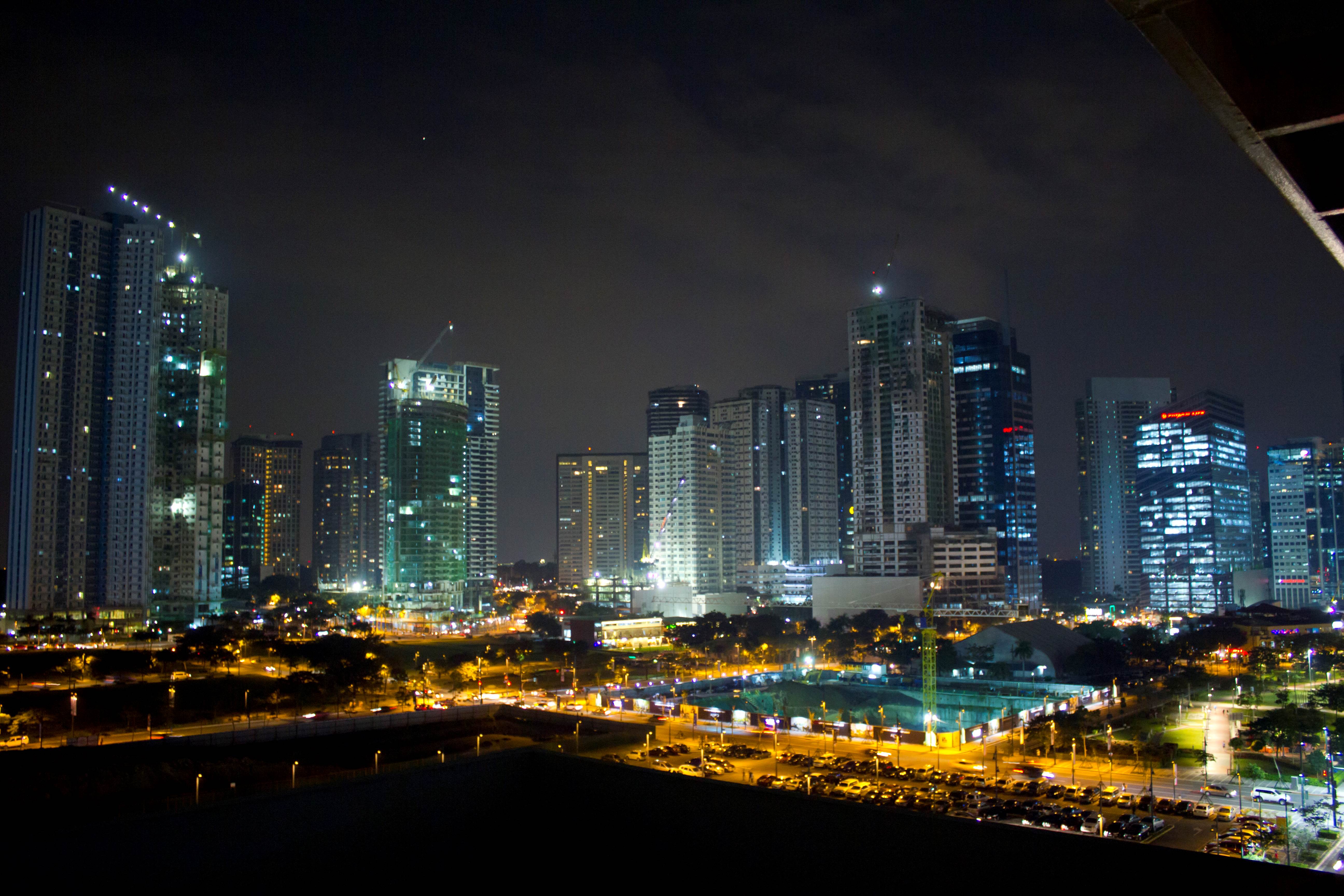
Reading Time: minutes
Filipinos remain as the world's most confident consumers -- in spite of dropping 3 points in overall optimism during the previous quarter -- according to latest survey results of market research firm Nielsen. This optimism has helped spur the country's economy; consumer spending contributed Php 1.18-million in the 3rd quarter of 2013 alone based on the latest National Statistical Coordination Board (NSCB) report. KMC MAG Group's mid-year report released last September also showed a rising trend, especially in the Construction and Real Estate segment. The influx of residential developments catering to Class A to Class C markets signal high consumer and investor interest as well as increased purchasing power among the middle class. At the same time, the BPO industry continues to post growth as shown by the nearly unchanged office space take-up in the major CBDs seen in the previous quarter, which may have influenced the reduced unemployment rate of 6.5% in the country. BPO is also driving developments in next-wave cities like Cebu and Davao.
Some experts, however, believe that the country is on its way to an economic bubble. Recently, Jesse Colombo, a Forbes contributor, wrote that the country's economic miracle is really a bubble in disguise since its growth is credit-driven -- the bank's ultra-low lending rates is encouraging both consumers and companies to spend beyond their means, signaled by declining personal savings rates, increased auto loan growth, and increased domestic consumption (which formed a large part of the GDP growth during the past quarters of 2013). Colombo also believed that the sudden withdrawal of quantitative easing on emerging market economies will put pressure on PH's financial markets and a global crisis will put OFW remittances at risk (also a major GDP contributor for the country). He also warned about an impending property bubble due to the overbuilding of properties from the real estate sector, which has expanded the country's economic growth in the past years.
No impending economic bubble
Although Colombo presented valid arguments and used data to substantiate his analysis, many expert economists are unimpressed by his claims. Boo Chanco of the Philippine Star wrote that Colombo ignored the fact that at a time when a bubble should be supposedly occurring, PH still has an account surplus due to the high volume of OFW remittances. This means that even if investors withdraw money from the country, it won't immediately lead to an economic collapse. Chanco also mentioned that banks are actually prudent in lending money and that the Bangko Sentral ng Pilipinas has also tightened its policies and mandated a limit on real estate and mortgage loans to ensure that households and corporations do not become over-indebted.
Property market is stronger than ever
Colombo's fears about having too much supply of residential and commercial spaces in the pipeline is quite reasonable, given the sudden influx of developments especially in the major CBDs in Metro Manila. However, as mentioned earlier, Colombo underestimated the contribution of OFWs and the middle-class sector to the economy. There is an existing demand in residential space and so far, the number of developments in the pipeline is just enough to cater to that demand. In fact, the country has a housing backlog of 3.6-million and the annual production so far, has been at 250,000 homes. Demand for office and retail spaces also shows no signs of slowing down, thanks to the rising BPO sector even in next wave CBDs in other parts of the Philippines. This growth signals continued interest among foreign business owners and companies to take advantage of the low operational costs and talented workforce in the country, giving Filipinos enough reason to remain optimistic about the future of the Philippine economy and real estate industry.

